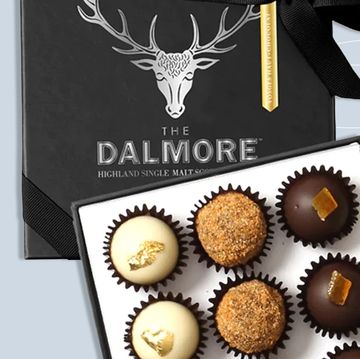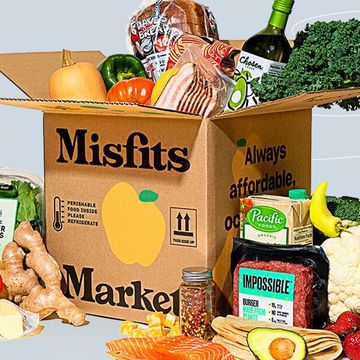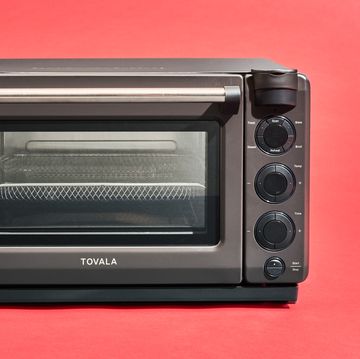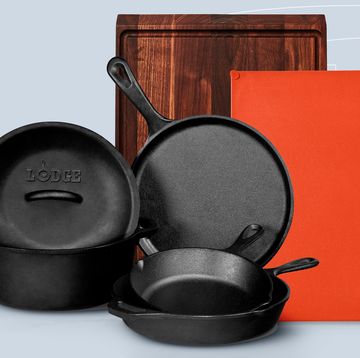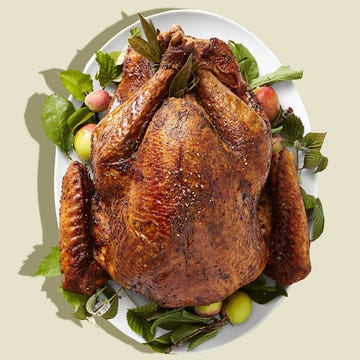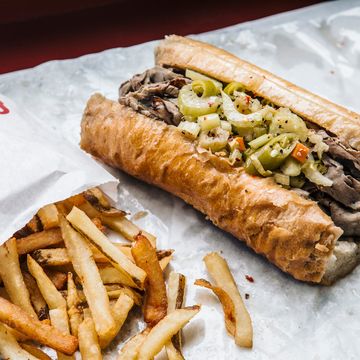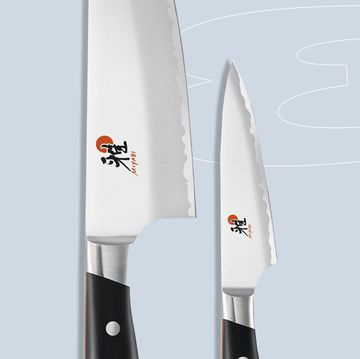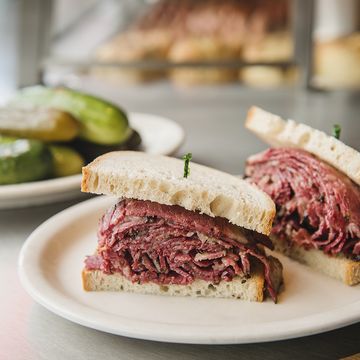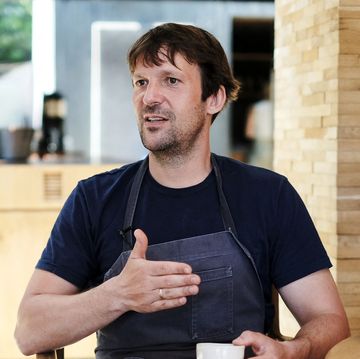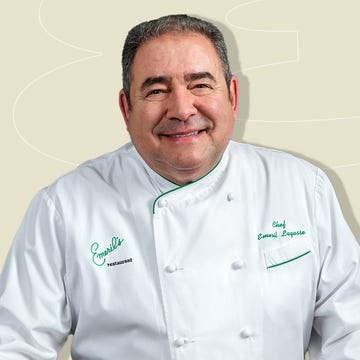I can't cook. But that's not a bad thing if you have a kid sister enrolled at the Culinary Institute of America, which I do. Every time I see her, I get a free meal that actually tastes good. It's a funny show: I walk around the kitchen lamenting my last meal, which was probably Top Ramen; I comment on her spice rack, which is stocked with things I can't pronounce; I tell her I admire her for following her dreams; then I say something like, "How about I take you out to Denny's?" At which point she cooks me dinner.
But in trying to exploit my sister's education for the benefit of my own taste buds, I've had the chance to observe and learn from her in the kitchen. Which is great, because I get to know a few of her secrets but I don't have to help pay her student loans. And in the spirit of being a culinary egalitarian — don't all people share the equal right to cook? — here's the best of what Kira Bassingthwaighte, future cook, has learned:
Never use oven mitts. Towels are more efficient because you don't have to wear them. The few seconds you spend jamming your hand into the mitt can mean an over-broiled steak. Seconds count.
Do, on the other hand, wear a ridiculously tall hat at all times. You wouldn't go fishing without a pole, would you?
Hang tongs on the oven-door handle for easier access and to make sure you don't misplace them mid-preparation. Again, seconds count.
Prep things in the order they need to be cooked. Take the cauliflower soup she made the other night, for example. The cauliflower goes in twenty minutes before the onions, so she prepped the cauliflower, started the soup, and then prepped the onions. It's about flow.
Having trouble keeping food hot by the time you plate and serve everything to your guests? Heat the plates.
Same goes for serving cold food: put your plates in the fridge or freezer first.
Everything boils down to efficiency. Cooking is a process. Walk through the steps of the meal in your mind before you start prepping it.
If you're cooking an important meal for a group of people, stick to dishes you already know.
If you're using both an oven and a stove to cook, always keep a towel in your hands when touching any pans. It's easy to forget which ones are hot. And nothing ruins a meal like a burn blister.
Gas burners are better than electric. You have the most control over temperature and your food.
Never keep any liquid near a pan with oil in it unless you have very good fire insurance.
If you want to brown or caramelize something, don't move it. People want to stir things, but the worst enemies of browning are movement and moisture.
Use the correct size pan. If it's too large, the butter or oil you're using may burn. If it's too small, you won't get any color or browning — think chicken with soggy skin — and that's where a lot of the flavor comes from.

